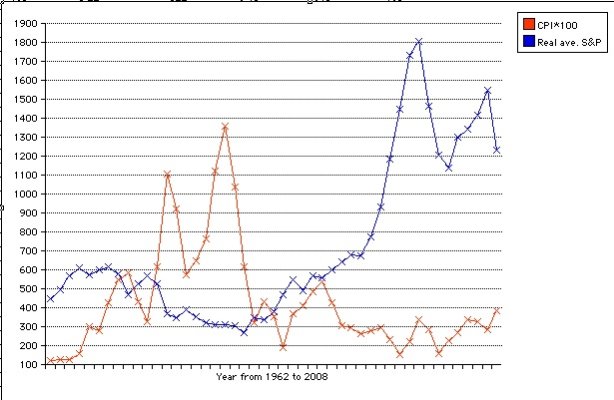If you're reasonably young and looking for a job, don't underestimate the value of job security and a pension considering the "total compensation" the offers you get. Having those things can make stock market volatility a lot less relevant to your day to day life and your ability to retire.
Absolutely!
Although I worried along with everyone else, there was zero impact on our lifestyle and standard of living thanks to a military pension with cola and 2 SS checks, also with cola.
My AA had been 5% cash and the remainder evenly divided between equities and fixed income. (I include laddered CD's as fixed, not as cash.) Although there were big paper losses on the equity side, I never panicked and, in fact, bought a little bit more Vanguard Total Stock Market. Over time, I may reduce the equities to 40%, but we'll see.
The great advantage of cola'd pensions that cover most, if not all, of your living expenses is that you can take whichever approach you want to with your portfolio:
- stay conservative because you don't need grow it too much to live
- be aggressive because you can tolerate bigger swings in value.
I tend toward the first, but I can see how others might view it differently.
Other lessons which were actually confirmed more than learned:
- being debt free helps a lot
- LBYM makes sense
- having a thrifty spouse is a great blessing

